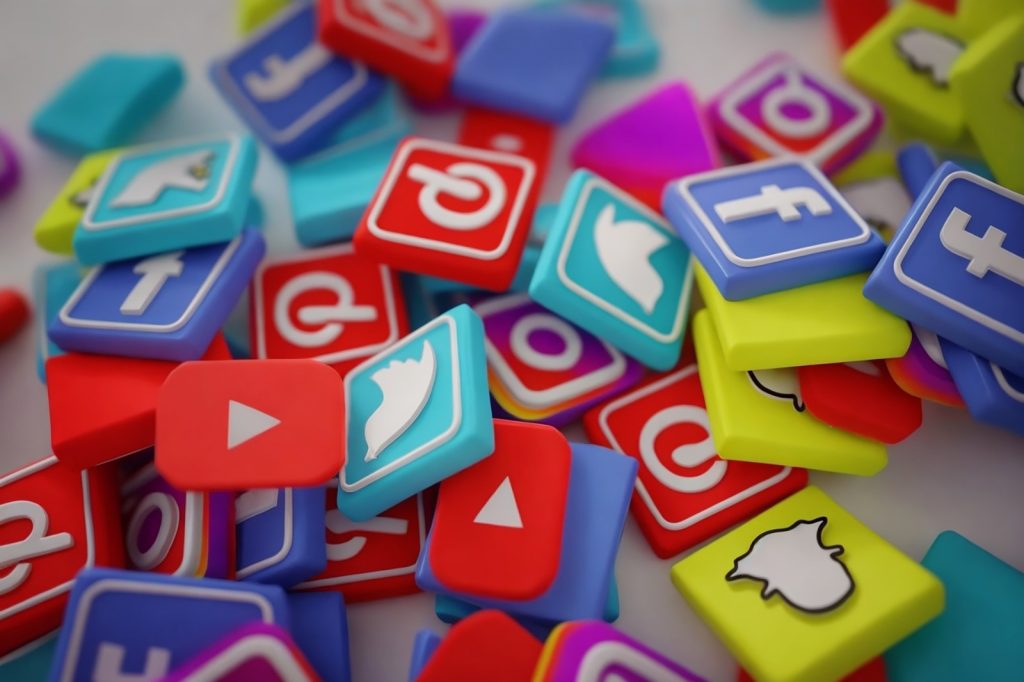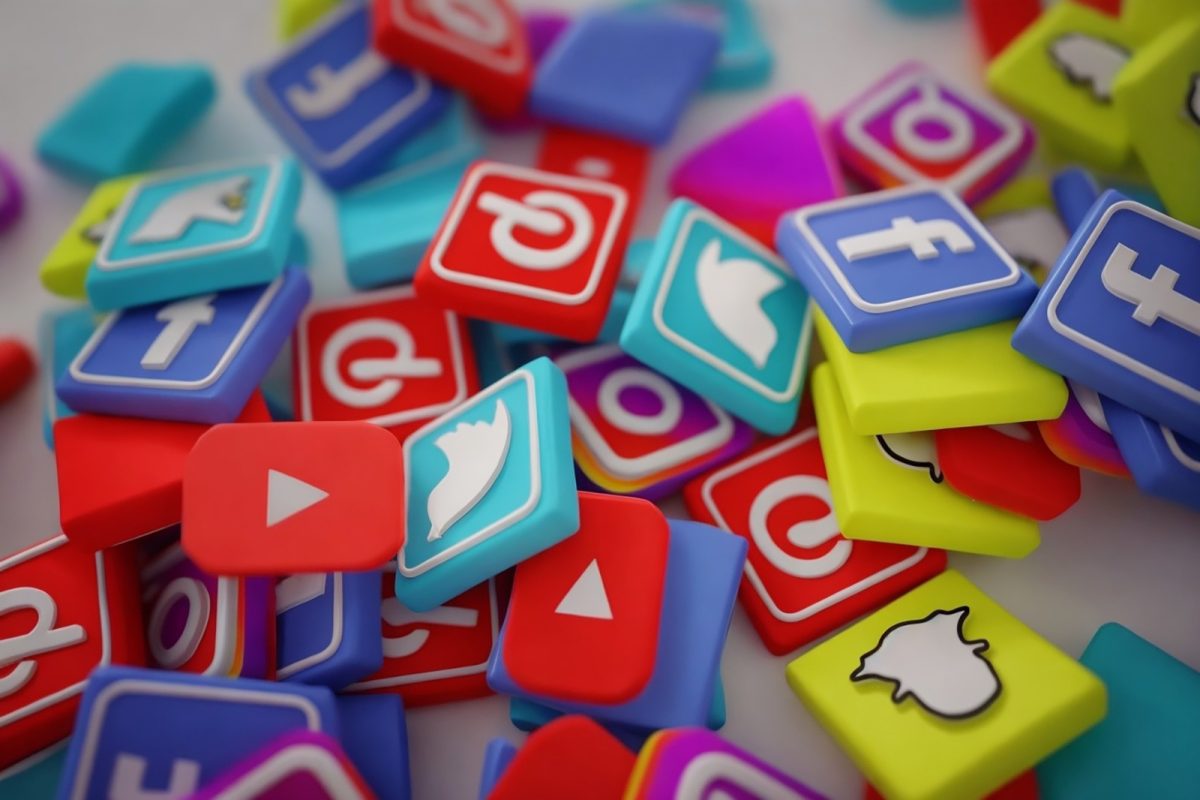In today’s digital world, social media platforms significantly impact how young people perceive their bodies and eating habits. Understanding this influence is vital for youth, as it can either contribute to or help combat eating disorders.

The Power of Comparison
Social media exposes users to idealized beauty standards, often leading to harmful comparisons. Filtered selfies and posts create unrealistic ideals that can damage self-esteem. It’s crucial to remember that many of these images are carefully edited and don’t represent reality.
Filters and Body Image
Platforms offer filters and editing tools that allow users to modify their appearance, fostering distorted body ideals. These tools can contribute to eating disorders when they promote unrealistic beauty standards.
The Role of Authenticity
Authenticity on social media is a growing movement. Users sharing unfiltered, real-life experiences can inspire self-acceptance. Celebrating imperfections can win over the unrealistic standards on social media.
Protecting Your Mental Health
Prioritize mental health when using social media:
Curate Supportive Feeds: Follow accounts promoting body positivity and a healthy relationship with food.
Set Screen Time Limits: Limit your exposure to unrealistic beauty ideals by controlling your social media usage.
Practice Self-Compassion: Recognize that your worth extends beyond your appearance or eating habits.
Seek Help: If you or someone you know is struggling with an eating disorder, reach out to a trusted friend, family member, or mental health professional for support.
Conclusion
Social media’s influence on eating disorders is complex but manageable.
By selecting online experiences, embracing authenticity, and prioritizing mental well-being, youth can utilize the positive aspects of social media while maintaining a healthy relationship with their bodies and food.
Your value goes beyond appearance or eating habits. True beauty lies in embracing your uniqueness and caring for your body with love and respect.
